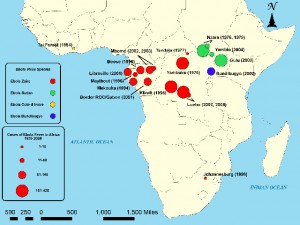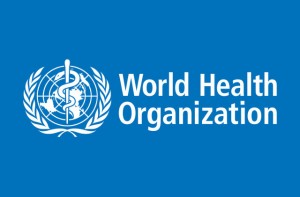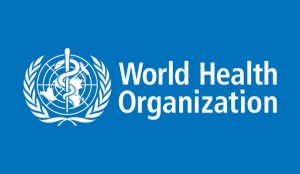The European Region is the first in the entire world to have achieved interruption of indigenous malaria transmission. The number of indigenous malaria cases dropped from 90 712 to 0 cases in 2015. Ahead of World Malaria Day 2016, the WHO announced that the European Region hit is 2015 target to put a stop to malaria, thus contributing to the global goal to “End malaria for good”. Key partners funded malaria elimination efforts in European countries substantially.
“This is a major milestone in Europe’s public health history and in the efforts to eliminate malaria globally. I applaud this achievement as the result of strong political commitment from European leaders with WHO support”, says Dr Zsuzsanna Jakab, WHO Regional Director for Europe. “This is not only the time to celebrate our success but is also the opportunity to firmly maintain the malaria-free status we have laboriously attained. Until malaria is eradicated globally, people travelling to and from malaria-endemic countries can import the disease to Europe, and we have to keep up the good work to prevent its reintroduction”.
Freeing the populous from malaria: from Tashkent to the Regional Strategy
The 2005 Tashkent Declare The 2005 Tashkent Declaration “The Move from Malaria Control to Elimination”, endorsed by malaria-affected countries in the Region, was a turning-point in achieving a malaria-free Europe. The Declaration led the way to the new Regional Strategy 2006-2015, which guided affected European countries to reduce the number of indigenous malaria cases to zero.
This achievement was made possible through a combination of strong political commitment, heightened detection and surveillance of malaria cases, integrated strategies for mosquito control with community involvement, cross-border collaboration and communication to people at risk. When a country has zero locally acquired malaria cases for at least three consecutive years, it is eligible for official malaria elimination by WHO.
Avoiding malaria reintroduction: the Ashgabat high-level meeting
“The European Region has been declared malaria free on the basis of the present situation and the likelihood that elimination can be maintained. This means that we cannot afford to drop our guard on this disease”, concludes Dr Nedret Emiroglu, Director of Communicable Diseases and Health security, WHO Regional Office for Europe. “Experience shows that malaria can spread rapidly, and, if Europe’s countries are not vigilant and responsive, a single imported case can result in resurgence of malaria”.
On 21-22 July 2016, the WHO will convene its first high-level meeting on prevention of malaria reintroduction in Ashgabat, Turkmenistan. European countries at risk of malaria reintroduction will come together to prevent the return of malarie to the European Region through:
- sustained political commitment;
- strong vigilance to test and treat all malaria cases promptly;
- understanding how malaria transmission could be introduces and the risk it poses; and
- immediate action if local malaria transmission resumes
The meeting outcome will pave the way for preventing malaria from affecting Europe again.









